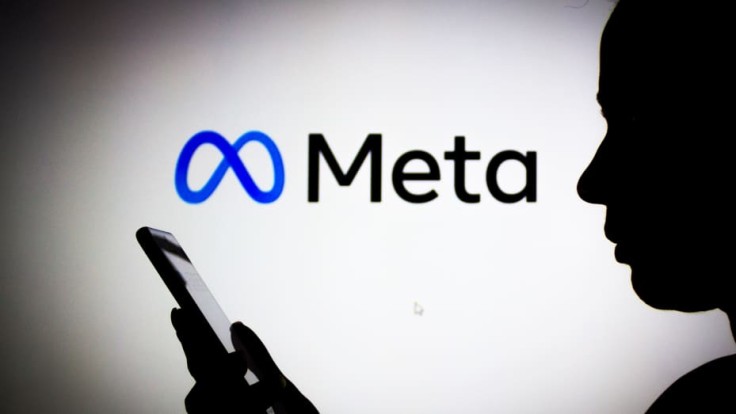Meta is launching a new ad distribution system in the US after the company agreed to settle a Department of Justice (DOJ) lawsuit last year, The Verge reported.
The company was accused of illegally allowing discrimination against its users in connection with race and other characteristics in its housing advertising system.
Meta announced on its website that they are creating Variance Reduction System (VRS). The new system seeks to help advance the equitable distribution of ads on the company's technologies, according to Meta.

Meta Launches VRS for Housing Ads
After more than a year of collaboration with the DOJ, Meta has now launched the VRS in the US for housing ads.
The VRS is a new machine learning technology that will distribute advertisements in more equitable ways. Likewise, according to Gizmodo, it would reduce algorithmic discrimination.
While VRS is currently being used for housing ads, Meta said that they are planning to use it for US employment and credit ads over the coming year.
With the use of VRS, Meta can ensure that the audiences on its platform will see ads that are more closely targeted to the eligible target audience for those ads.
In order to measure the aggregate age, gender, and estimated race or ethnicity distribution of the users who have seen the ad, VRS uses a method of measurement called Bayesian Improved Surname Geocoding.
All the aggregate demographic info, which is verified by the Census statistics, is then matched to the demographic distribution of a targeted audience based on the advertiser's selection.
According to the DOJ, these changes should "substantially reduce the variances between the eligible and actual audiences along sex and estimated race/ethnicity in the delivery of housing advertisements."
Moreover, according to Meta, they have discontinued the use of Special Ad Audiences. This is also an additional commitment in the settlement with DOJ.
Read Also: Meta Hit With $3.2 Billion Lawsuit: Did Facebook Exploit 44 Million User Data in the UK?
Meta Creates VRS as Part of the Settlement with DOJ
For years now, Meta has been facing accusations that it is discriminating against users when it comes to race.
But the court started to be involved when the Department of Housing and Urban Development (HUD) filed a lawsuit against the company in 2019. The DOJ, representing HUD, reached a settlement with the company.
The department required Meta to develop a new system that will "address racial and other disparities caused by its use of personalization algorithms in its ad delivery system." With this, Meta created the VRS.
In response, the DOJ noted in a press release that Meta will be subjected to court oversight until June 27th, 2026. In accordance with the company's agreement with the DOJ, a third-party reviewer will assess if Meta's new VRS satisfies the terms reached in the settlement.
In addition, the company must also meet certain milestones within a specific period of time. For instance, by December 31, 2023, the company should be able to reduce variances to less than or equal to 10% for 91.7% of those ads for sex.
In addition, Meta should be able to reduce variances to less than or equal to 10% for 81.0% of those ads for estimated race/ethnicity.
Related Article: Meta's Facebook Is in Hot Water for Neglecting the Mental Health of Kenyan Employees









